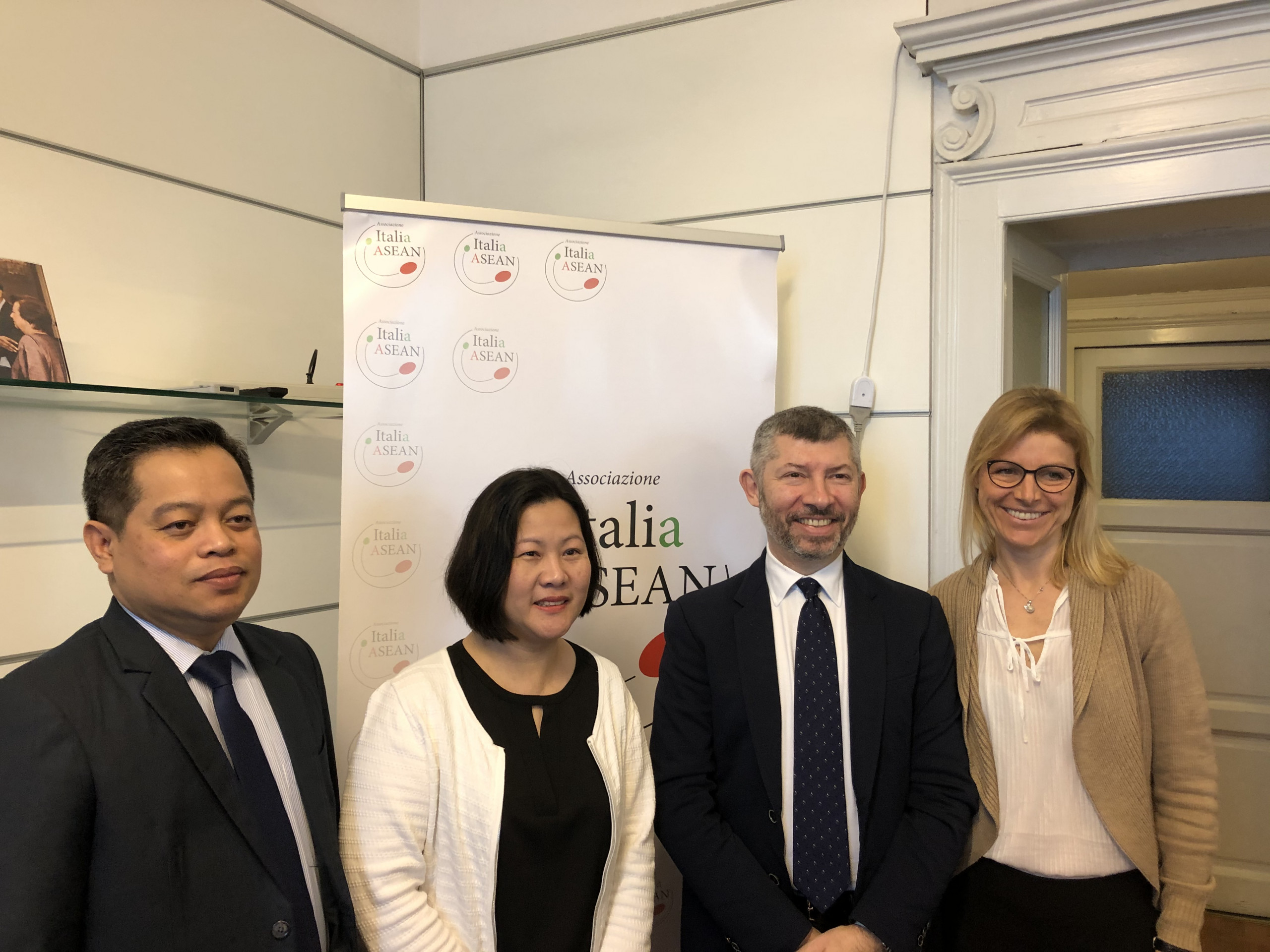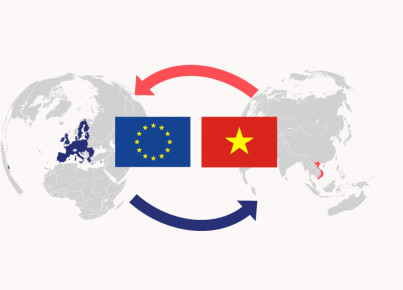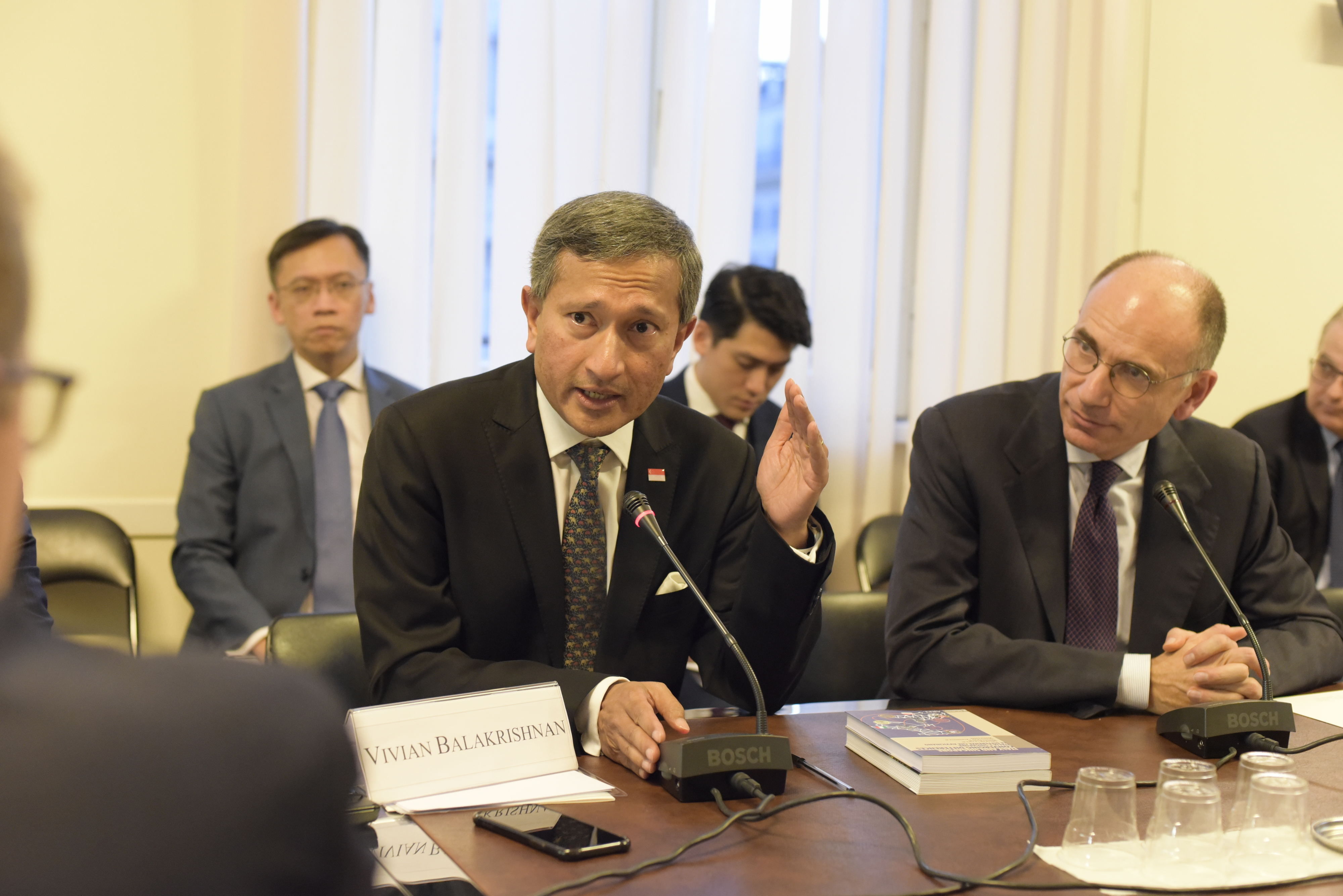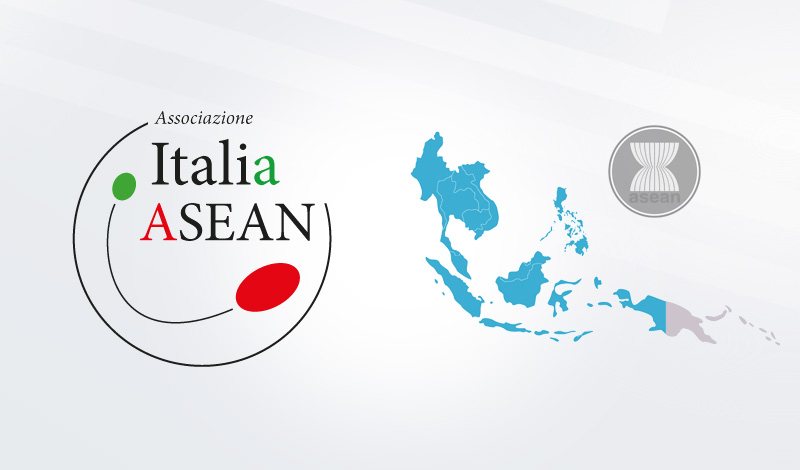Undersecretary Scalfarotto described the strategy to support the internationalization of Italian enterprises.
On February 17th, the Italy-ASEAN Association had the pleasure to host a meeting in Milan with Mr. Ivan Scalfarotto, Undersecretary to the Ministry of Foreign Affairs and International Cooperation. Undersecretary Scalfarotto discussed alongside Secretary General Alessia Mosca and the Members of the Association about the position of Italy in the current state of international trade.
Undersecretary Scalfarotto confirmed the commitment of the Italian Government to strengthen the economic and diplomatic ties with ASEAN and described the strategy to support the internationalization of Italian enterprises
He highlighted the importance of international trade for the Italian economy. As a matter of fact, exports were fundamental for economic growth during the latest financial crisis: between 2010 and 2017, Italian export grew of +6,4%, while the GDP shrank of -0,8%. Italy would have suffered even more of the economic crisis, if its enterprises were not able to rely on foreign markets.
Furthermore, the “Made in Italy” brand is based on the production of high-quality goods from imported products, such as agri-food and textile products. For example, Italy is well-known for coffee and chocolate, but it does not produce coffee beans and cocoa. Italy does not even produce enough wheat to support its pasta industry
Given the skills of the Italian enterprises, one might be tempted to think that companies can compete on global markets on their own. However, Undersecretary Scalfarotto stressed that, globally, the value of G2G (Government to Government) agreements far exceed those of B2B (Business to Business). He explained that the government can and should play a role as a pro-active actor in facilitating economic exchange. Indeed, it is hard for single companies to install a stable and trusty dialogue with foreign partners without receiving the support of the Government (especially in Asian countries).
To this matter, Undersecretary Scalfarotto then proceed by reporting cases where the Italian Government - through its agencies - was crucial for the internationalization of Italian enterprises. As an example, he cited the role of Cassa Depositi e Prestiti Group in filling the void left by financial institutions in providing funding credit to Italian companies. He also stated that the Italian Government is currently addressing in a unified manner critical issues to international trade, such as external tariffs and duties.
Undersecretary Scalfarotto emphasized that trade can play a key role as a foreign policy instrument, as the Trump administration have showed. Therefore, Government should intervene in crucial sectors where irregularities can emerge (as it is the case with 5G technologies), in order to establish a level playing field. level playing field.
In conclusion, Undersecretary Scalfarotto highlighted the strategic role of the Association of South-east Asian Nations. From the economic point of view, it represents in total the 5th largest economy in the world. From a geopolitical point of view, instead, the region is a great stabilizer to the tensions between bigger regional powers. Therefore, Italy and the European Union should play a more active role in South-East Asia, filling the void left by the US in Asia-Pacific. In fact, strengthening the economic relations with Asian countries can be a tool to promote political stability and growth in the region, a strategy already adopted by the European Union in Latin America.






